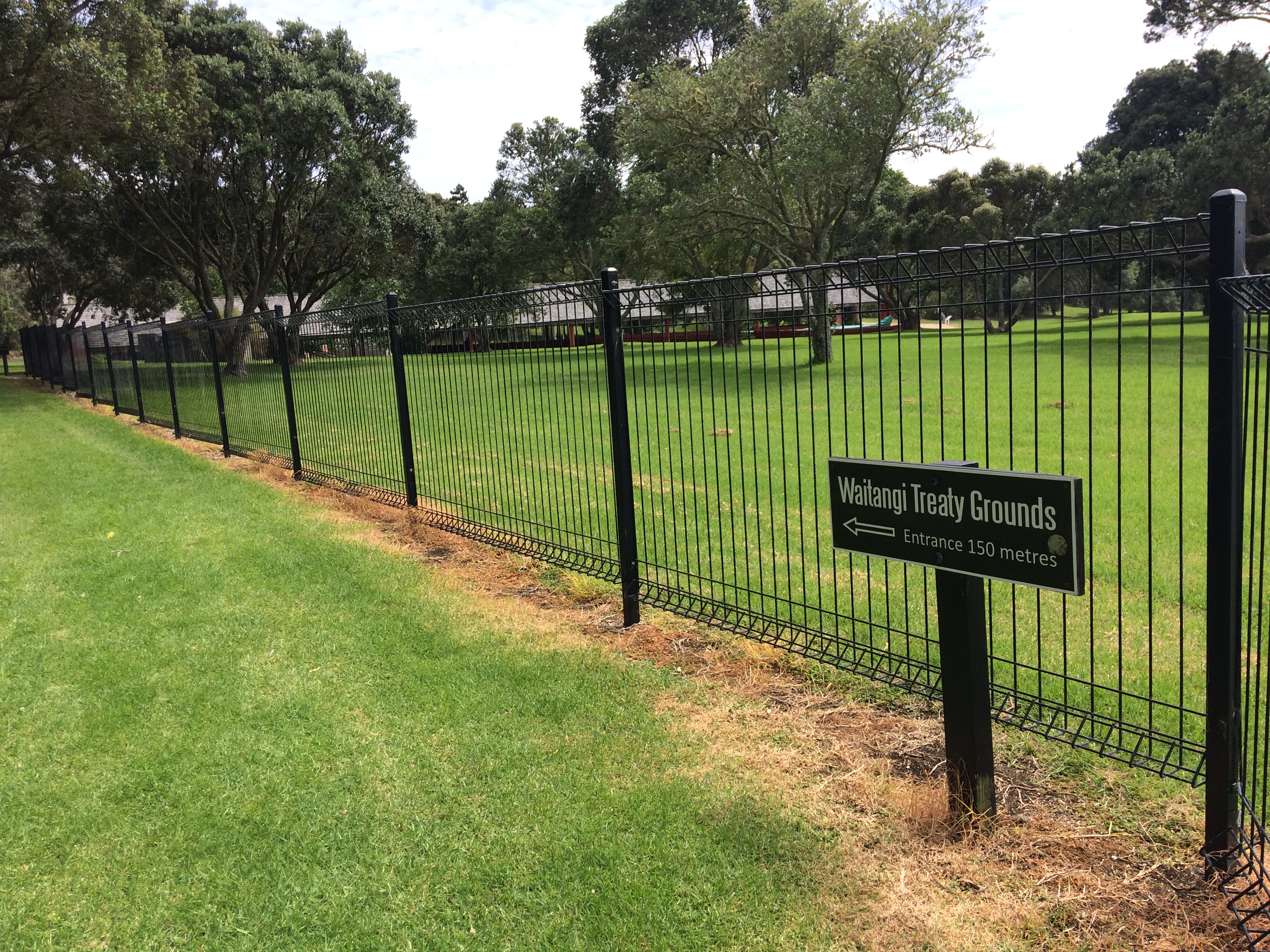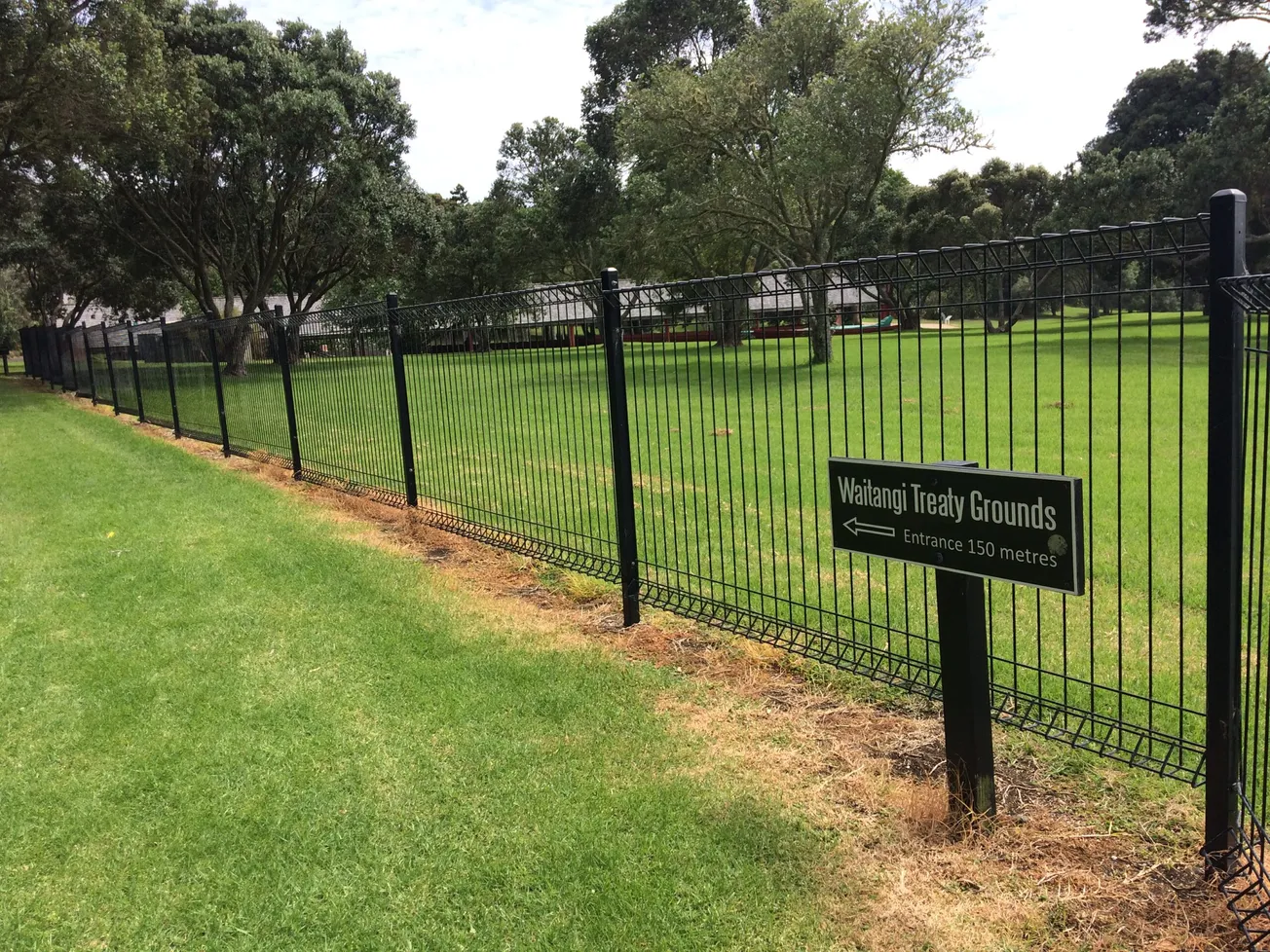Table of Contents

There is one sure way to ignite much needed debate on the Ardern cabal’s plot to divide New Zealand by transferring rights of co-governance to a minority of extremist Maori elites under the He Puapua plan. Pose this question: has the Waitangi Tribunal fulfilled the purposes for which it was established, and is it time, therefore, to consign that tribunal to history, along with the Maori grievance industry it has promoted?
Wikipedia tells us that the Tribunal (Maori: Te Ropu Whakamana i te Tiriti o Waitangi) is a commission of enquiry established under the Treaty of Waitangi Act 1975. It is charged with investigating and making recommendations on claims brought by Maori relating to actions or omissions of the Crown, in the period largely since 1840, that breach the promises made in the Treaty of Waitangi. The Tribunal is not a court of law; therefore, the Tribunal’s recommendations and findings are not binding on the Crown. They are sometimes not acted on, for instance in the foreshore and seabed dispute. The inquiry process contributes to the resolution of Treaty claims and to the reconciliation of outstanding issues between Maori and Pakeha.
Ironically, one who thinks the Tribunal has outlived its purpose is none other than David Rankin, kaumatua of Te Matarahurahu hapu of te iwi Ngapuhi. He has the distinction of being part of the one major iwi unable to agree among its members as to who should represent them in the settlement of their long-standing grievances, and he has the immense mana of being a direct descendant of the first Maori chief to sign the Treaty of Waitangi on 6 February 1840, the famous Hone Heke.
Mr Rankin has spoken out forcefully recently:
It may surprise many New Zealanders, but a growing number of Maori are fed up with the Waitangi Tribunal, and the entire Treaty gravy train. There is a stereotype of Maori collecting millions of dollars in settlement money and living the easy life. The reality is very different. Here are a few facts:
The Tribunal makes up history as it goes along. A growing number of New Zealand historians are pointing this out, although most of them are labelled as racist for doing so. Facts are omitted in Tribunal reports, and evidence is shaped in some cases to fit predetermined outcomes. As an example, I gave evidence at a Tribunal hearing about my ancestor Hone Heke, the first chief to sign the Treaty. However, because the oral history of our whanau did not fit with the Tribunal’s narrative, my testimony was excluded. Yet, several radicals with little knowledge of our history had their testimony included because it fitted with the separatist agenda. This leads to point 2.
In the 1970s, many of us hoped that the Tribunal would be an organisation that would achieve reconciliation. It has turned out to be a body that is bringing in apartheid to New Zealand. This sounds dramatic, until you see how it advocates for race-based access to certain areas, and race-based management policies for Crown land.
Treaty settlements make tribal corporations rich, with the help of favourable tax status and often little or no rates to pay. So with these advantages it’s pretty easy to become super profitable. But do you think the average Maori sees any benefit from this? None at all. I have been asked several times to be on trust boards and have been offered large sums of money to do so. I refuse. History will judge the kupapa (traitors) who have abandoned our people for money.
The tribunal is a bully. Go against it, and you will be labelled a racist or worse. Yet, who does it help? Apart from a few elite Maori who have become millionaires from the process, there is no benefit to Maori overall. Drive through Huntly or anywhere in Tuhoe and you won’t find any evidence of these multi hundred million dollar settlements.
Let’s be clear. The Tribunal exists to make lawyers, and a few elite Maori very rich. It has deprived our people from their birthright and divided and destroyed many of our communities. The sooner it is shut down the better.
Mr Rankin is not the first leader of Maori descent to have raised this issue. Back in 2020, when he was Leader of the Opposition and speaking on National’s behalf at Waitangi Day ceremonies, Hon Simon Bridges made it clear that the Waitangi Tribunal should eventually be done away with. On the same occasion, he also said that Maori electorate seats in Parliament should eventually go, citing the Royal Commission in 1986 which proposed that if the country adopted the MMP system, it should abolish Maori electorates.
What he said then is even more true today: “we have more Maori in Parliament than in a very long time.” But he did add that any such change would require consultation with Maori. In respect of the Waitangi Tribunal, Mr Bridges, said he hoped in time when all grievances had been settled as full and final, all New Zealanders could agree that the Tribunal should go and some other way be found for an ongoing relationship between Maori and the government.
For what it’s worth, my personal opinion is that this “other way” should address the spirit of the Treaty. The fact that nothing in any of the versions of the Treaty in either language contained any reference to “partnership” or “principles” (concepts which the current government is trying to impose on us via its He Puapua plot) does not ignore the very real evidence at and before the time of what I term as the “spirit of the Treaty”.
It was evident in the letter to King William in London in 1831 sent by the Maori chiefs who later constituted He Whakaputanga seeking his protection by way of intervention in the land they called Niu Tirani, troubled as it was by constant inter-iwi warfare. Thus, they set in train the events that led to the signing of the Treaty at Waitangi on 6 February 1840 and a very evident spirit of unity, captured by Governor William Hobson in his words “he iwi tahi tatou” (we are all one).
Waitangi is the marae where it all began, and where it is celebrated every year, and rightfully so. It is the place when representatives of the Crown (government) and iwi leaders meet to discuss their relationship. What more appropriate occasion for an annual formal review of how the “spirit” of the treaty is being observed. It could be a day or two (or more if necessary) of formal discussion between representatives of our Parliament, and, say, a rejigged Maori Council delegation that fairly represents the breadth of Maori opinion. And, where it becomes obvious that any Maori are not receiving their full due as New Zealanders, our then government could then do whatever is necessary to fix whatever is the problem.
Please share this BFD article so others can discover The BFD.









